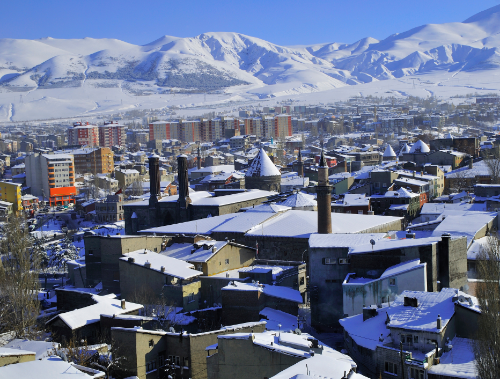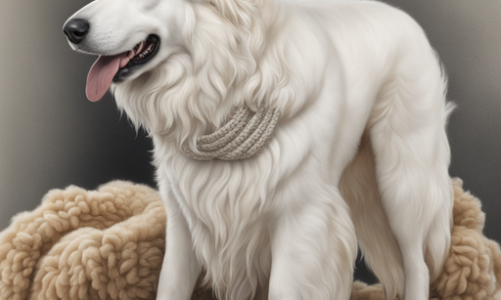Some people enter your life only once. Perhaps those people aren’t even aware of it, but they become one of the elements that define who you are. With the sudden news of their passing, what remains are the transient nature of the world and the beautiful memories that appear before your eyes. On another day, you start writing, wondering why you haven’t been telling these beauties.
The news of her passing shook me deeply, and I couldn’t control my tears. It felt as if we had just met yesterday, yet today I was receiving news of her passing.
Aunt Mükâfat was a woman I coincidentally got to know. In Erzurum, we met during the first weeks of the school I attended through a supplementary placement, her and her family. Aunt Mükâfat’s young daughter Rukiye was still a middle school student, and her mother had finally found university students living nearby and brought her daughter to meet them. She was wearing an outfit I had never seen before and didn’t understand how Erzurum women comfortably wore it in their daily lives, but it was so practical: the “ahram.” In that outfit, she looked like a true Ottoman lady.
As I got to know the other female members of the family, I realized these ladies were truly cultivated, polite, and refined individuals. Even though it was challenging for me, a girl from the south, to live in the geography of Erzurum, I was quickly enveloped by the beautiful atmosphere of this city and its people. It was like a different world. Sometimes things felt very genuine, while other times they felt very foreign, but amidst that foreignness, some people were like a warm breeze.
As time went on, we began to get to know each other better. Aunt Mükâfat was the wife of Uncle Seyfullah, and she had a prayerful tongue, a sweet voice, and a humble demeanor. I remember Uncle Seyfullah with his small minibus and his son who needed care, always carrying them around and looking after them as if they were a part of him. Uncle Seyfullah seemed to carry the weight of years on his shoulders, like a living photograph. Every time I saw him, he had the same troubled face and the same posture.
I was surprised when I first saw their house. While we, as students, lived in a centrally-heated, warm house, they lived in a village house where they heated room to room using stove pipes. Living in a place where snow reached up to your knees and water froze, those who experienced it knew how difficult it was. Even stepping out of the house in the morning felt like torture. I have struggled to make it to class on days when snow reached up to my knees as well. I never witnessed these people complaining even once about these situations.
And then there was her mother, Aunt Mükâfat. When she started praying, it was as if time stood still, and I would have wanted her to continue praying while I listened. Her prayers were so profound, so heartfelt. If they asked you to recount an unforgettable memory from your life, the times I listened to Aunt Mükâfat’s prayers would be among the first.
Rukiye had a younger brother who was around seven years old. I remember a conversation I had with them vividly. They had spoken about their uncle. The younger brother had seen him in his dream and expressed his longing with love and sincerity. How strange, I thought, even such a young child has so much respect for his uncle.
Looking back 21 years from where I am now, what I see is that Aunt Mükâfat and those like her were representatives of justice and truth. They might not have had formal education, but I was sure that these beautiful people knew things I couldn’t learn from books.




